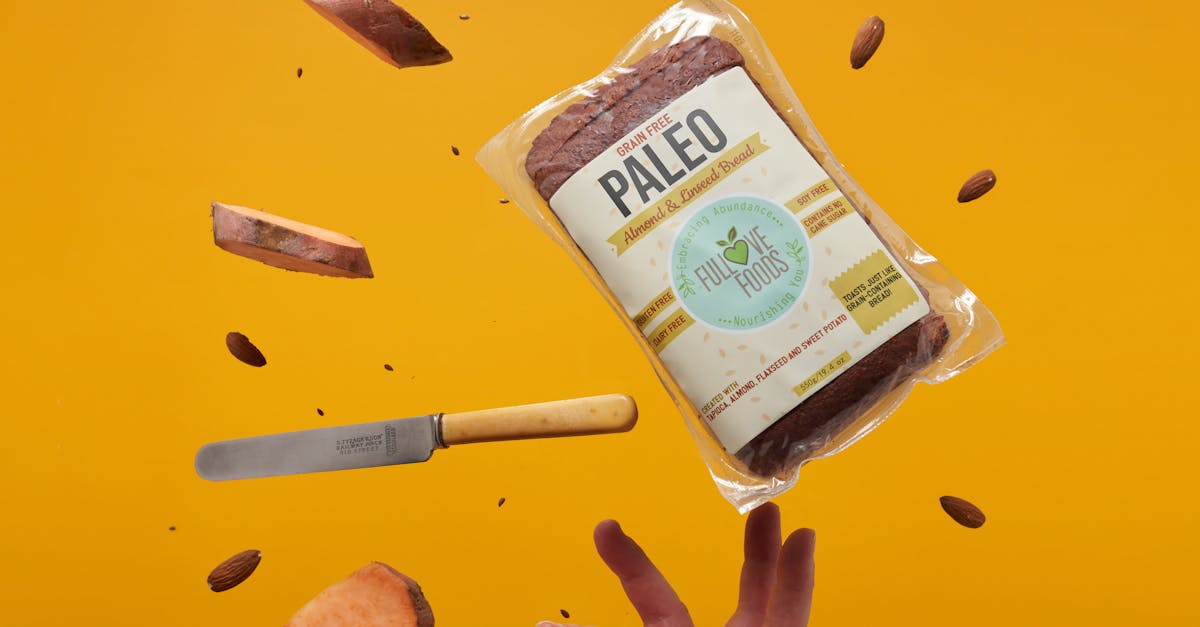
Written by: Nonna Maria · Expert in Italian Cuisine, Gluten-Free Cooking, Traditional Recipes
Published: June 28, 2024
We strive to provide well-researched, factual content. If you notice any errors, please contact us.

Paleo diet is not just a trend, it's a lifestyle choice that can have a significant impact on your health. By following a Paleo diet, you are eating in a way that mimics how our ancestors ate thousands of years ago. This means consuming whole, unprocessed foods such as lean meats, fish, fruits, vegetables, nuts, and seeds. In this article, we will explore the science behind the Paleo diet and how it can positively impact your overall health.
By following the Paleo diet and focusing on whole, unprocessed foods, you are nourishing your body with the nutrients it needs to thrive. The science behind Paleo shows that this way of eating can reduce inflammation, improve digestion, support weight loss, and increase energy levels. So why not give it a try and see the positive impact it can have on your health?

Written by: Nonna Maria · Expert in Italian Cuisine, Gluten-Free Cooking, Traditional Recipes
Published: June 28, 2024
We strive to provide well-researched, factual content. If you notice any errors, please contact us.